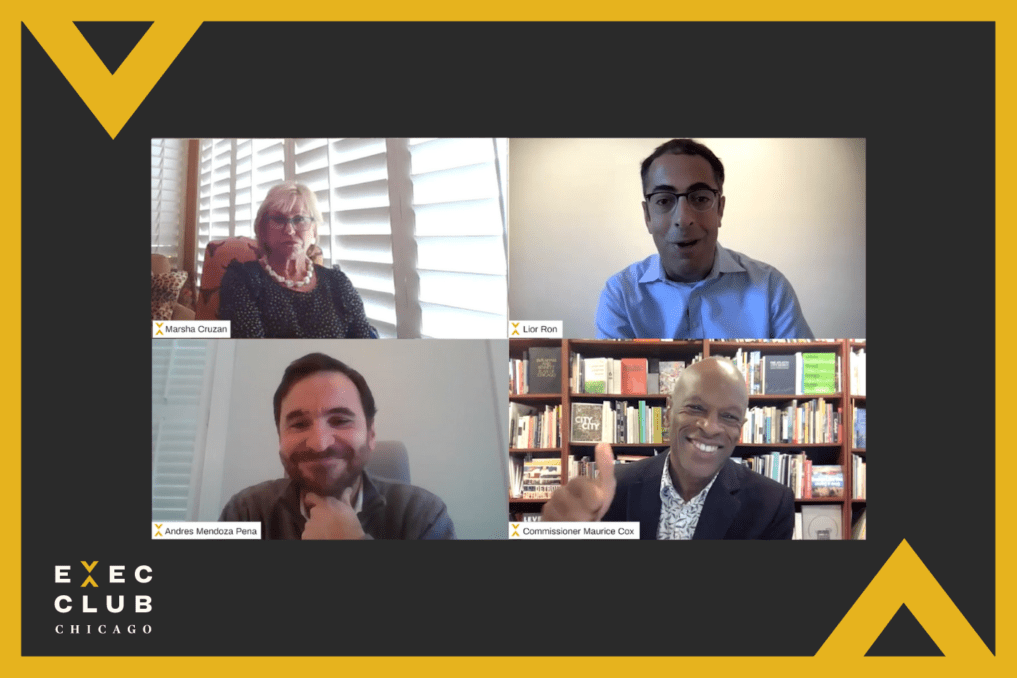“This is the second year in a row where there is no U.S. city in the top 10 of the Outlook. When we analyze the underlying trends we see that U.S. cities are falling behind, mostly because of governance metrics, which to some extent, are influenced by the federal government policies. But also because of personal well-being. On the other hand, what we are seeing is the rise of Chinese cities.”
-Andres Mendoza Pena, Partner, Kearney
“We have strong human capital, and still have the ability to attract and retain talent in Chicago. But it’s very troubling to see where we are in the Outlook, not only our city, but our country. And there’s so much that we’re going to need to” do.
-Marsha Cruzan, Regional President, U.S. Bank
“We have watched the health disparities exposed by COVID show that life expectancy is radically different according to ZIP code in the same city. And then we have racial inequities that have been perpetuated for decades. So, you know, it’s pretty clear that we are not using all of our human capital to advance this city in a global market. And I would say that Mayor Lightfoot understood this inherently.”
-Maurice Cox, Commissioner, Department of Planning and Development, City of Chicago






